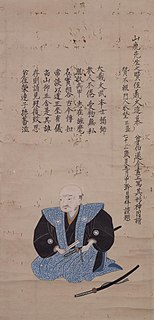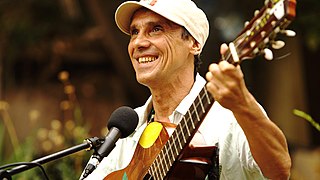A Quote by Yamaga Soko
We are born to die tomorrow, and yet through books we are able to know events of thousands of years.
Related Quotes
I have 7,000 DVDs and Blu-rays. I have thousands of books - thousands - and roughly 15,000 comic books or something like that, hundreds of books about different art movements - the symbolists, the dadaists, the Pre-Raphaelites, the impressionists - you know, that I consult before I start every movie.
The near side of a galaxy is tens of thousands of light-years closer to us than the far side; thus we see the front as it was tens of thousands of years before the back. But typical events in galactic dynamics occupy tens of millions of years, so the error in thinking of an image of a galaxy as frozen in one moment of time is small.
We all know that books burn, yet we have the greater knowledge that books cannot be killed by fire. People die, but books never die. No man and no force can put thought in a concentration camp forever. No man and no force can take from the world the books that embody man's eternal fight against tyranny of every kind.
You're the sort of person who, on principle, no longer expects anything of anything. There are plenty, younger than you or less young, who live in the expectation of extraordinary experiences: from books, from people, from journeys, from events, from what tomorrow has in store. But not you. You know that the best you can expect is to avoid the worst.







































